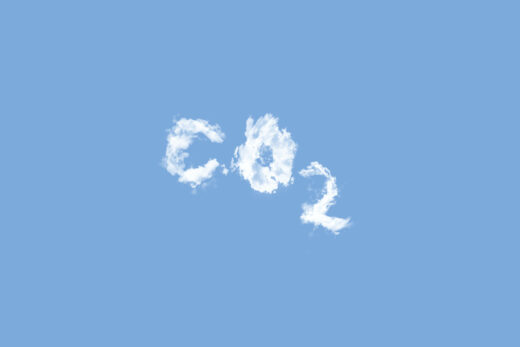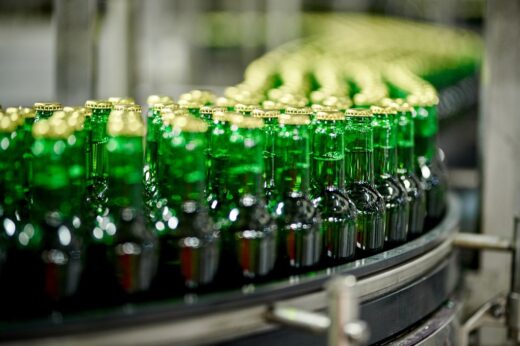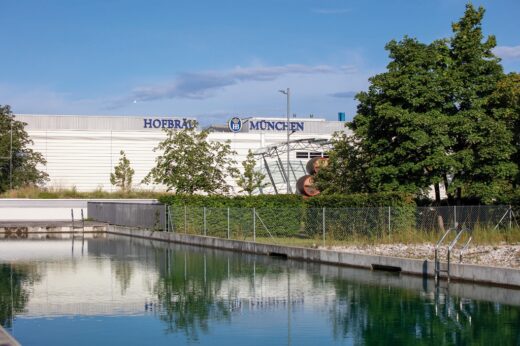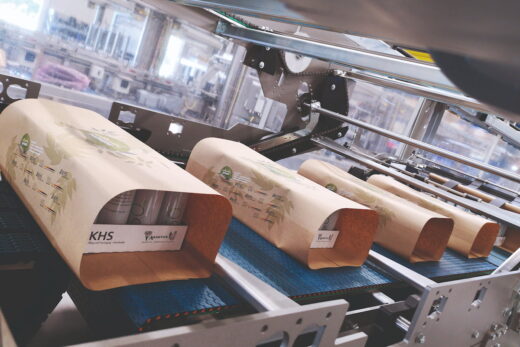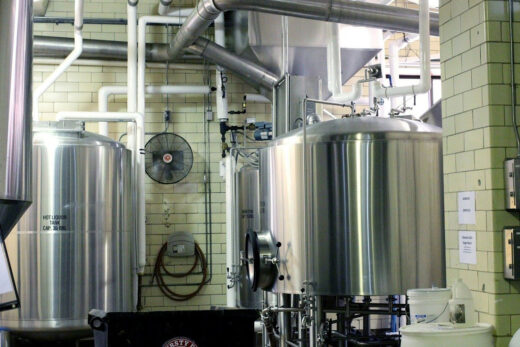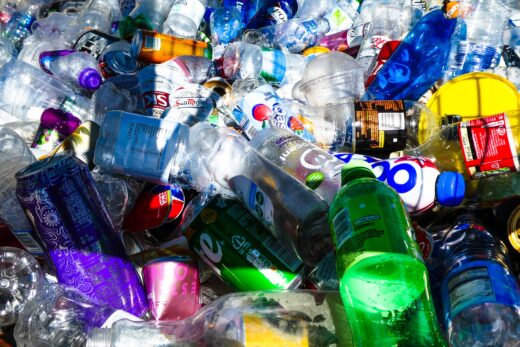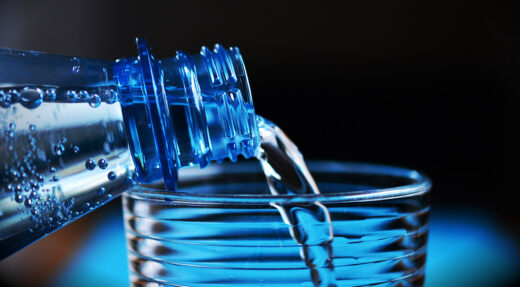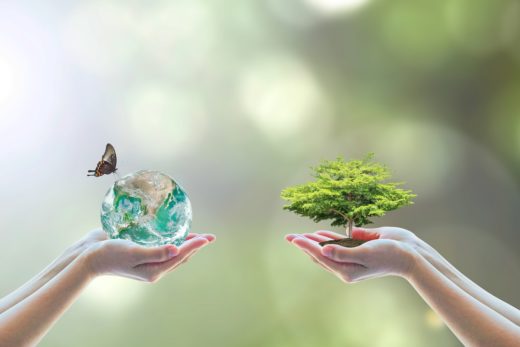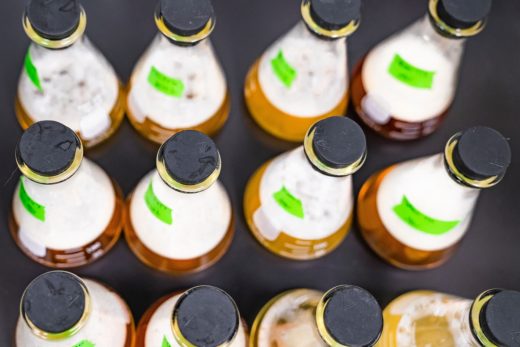An Emission-Free Future. Costs? Strategies?
As part of the Climate Protection Program 2030, the previous German government established CO2 pricing for fossil fuels. This pricing has applied since 2021 and will increase each year at a fixed rate until 2025. What costs can breweries and malt houses expect as a result? Authors Matthias Kern and Georg Schu of the Ingenieurbüro für Energie- und Umwelttechnik (Engineering Office for Energy and Environmental Technology) illustrate strategies for reducing costs.

